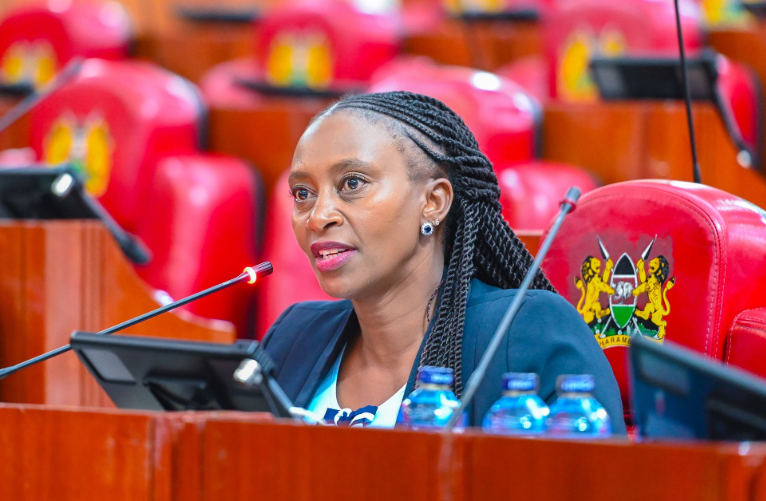Netherlands suspends use of AstraZeneca vaccine

The Netherlands has become the latest country to suspend use of the Oxford-AstraZeneca coronavirus vaccine over concerns about possible side effects.
The Dutch government said the move, which will last until at least 29 March, was a precaution.
The Republic of Ireland earlier made a similar decision over reports of blood clotting events in adults in Norway.
The European Medicines Agency (EMA) – who is currently carrying out a review into incidents of blood clots – says the vaccine’s benefits continue to outweigh its risks.
Denmark, Norway, Bulgaria, Iceland and Thailand have already halted their use of the AstraZeneca vaccine.
What measures did the Dutch government take?
In a statement, the Dutch government said it was acting out of precaution following reports from Denmark and Norway of possible serious side effects.
“We can’t allow any doubts about the vaccine,” Dutch Health Minister Hugo de Jonge said.
“We have to make sure everything is right, so it is wise to pause for now.”
Sunday’s decision will now cause delays in the Dutch vaccination programme.
The authorities had pre-ordered 12 million doses of AstraZeneca, with nearly 300,000 jabs scheduled in the next two weeks.
What did AstraZeneca say?
In a statement, AstraZeneca said there was no evidence of an increased risk of clotting due to the vaccine.
It said that across the EU and United Kingdom there had been 15 events of deep-vein thrombosis (DVT) and 22 events of pulmonary embolism reported among those vaccinated.
“Around 17 million people in the EU and UK have now received our vaccine, and the number of cases of blood clots reported in this group is lower than the hundreds of cases that would be expected among the general population,” said Ann Taylor, the firm’s chief medical officer.
“The nature of the pandemic has led to increased attention in individual cases and we are going beyond the standard practices for safety monitoring of licensed medicines in reporting vaccine events, to ensure public safety.”













